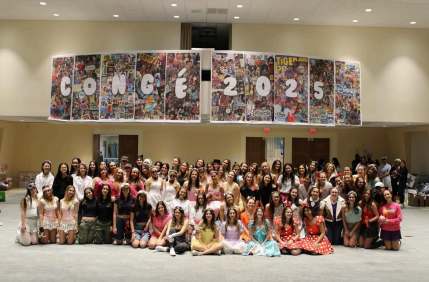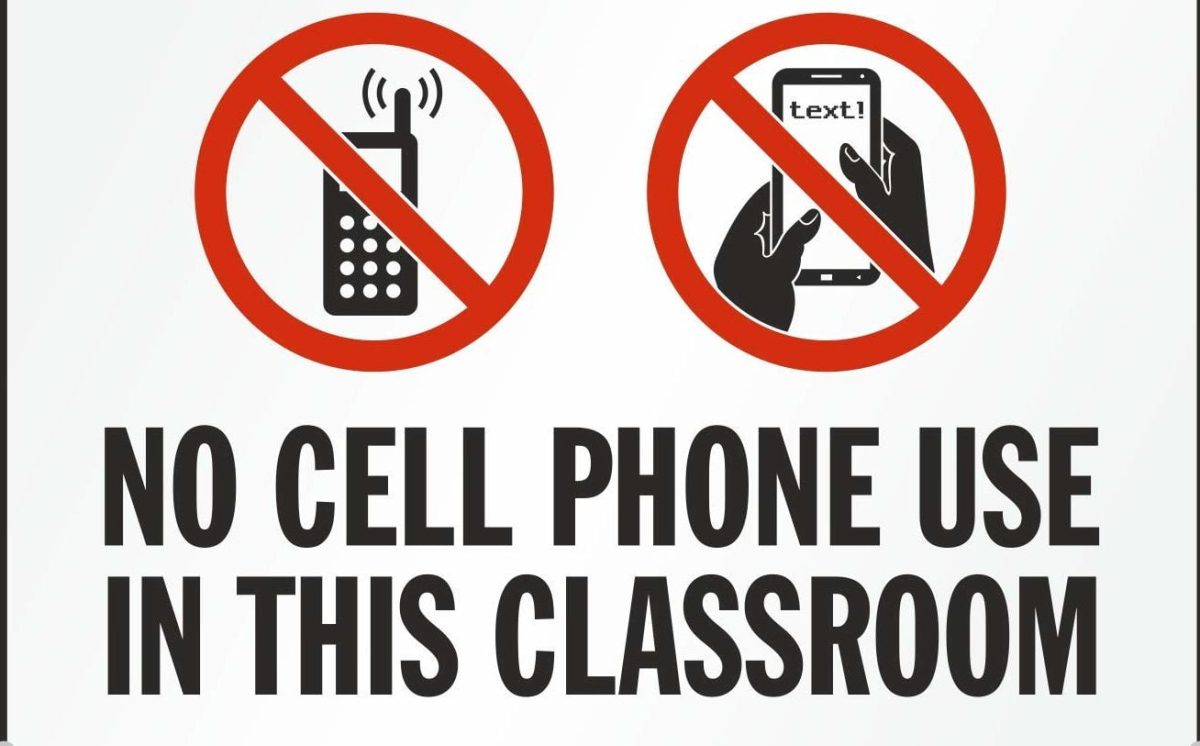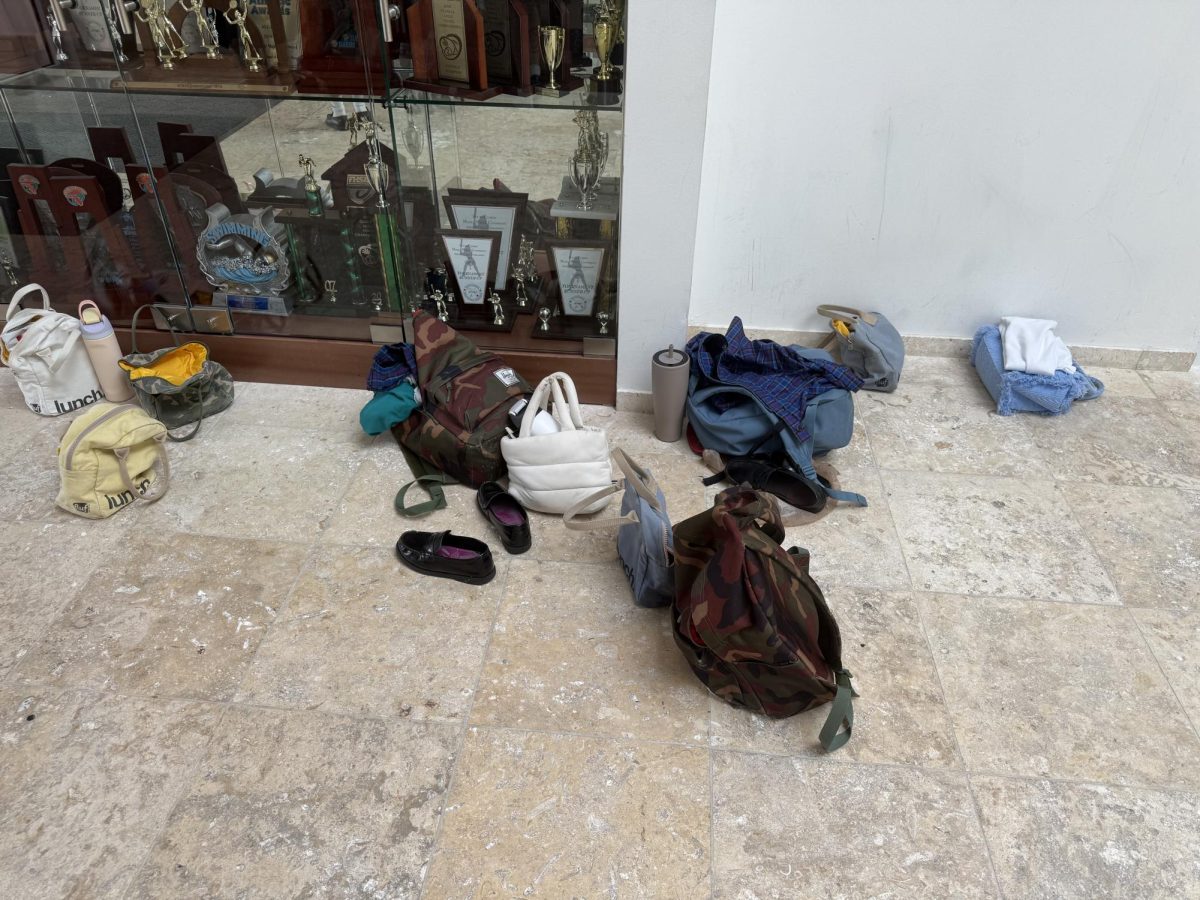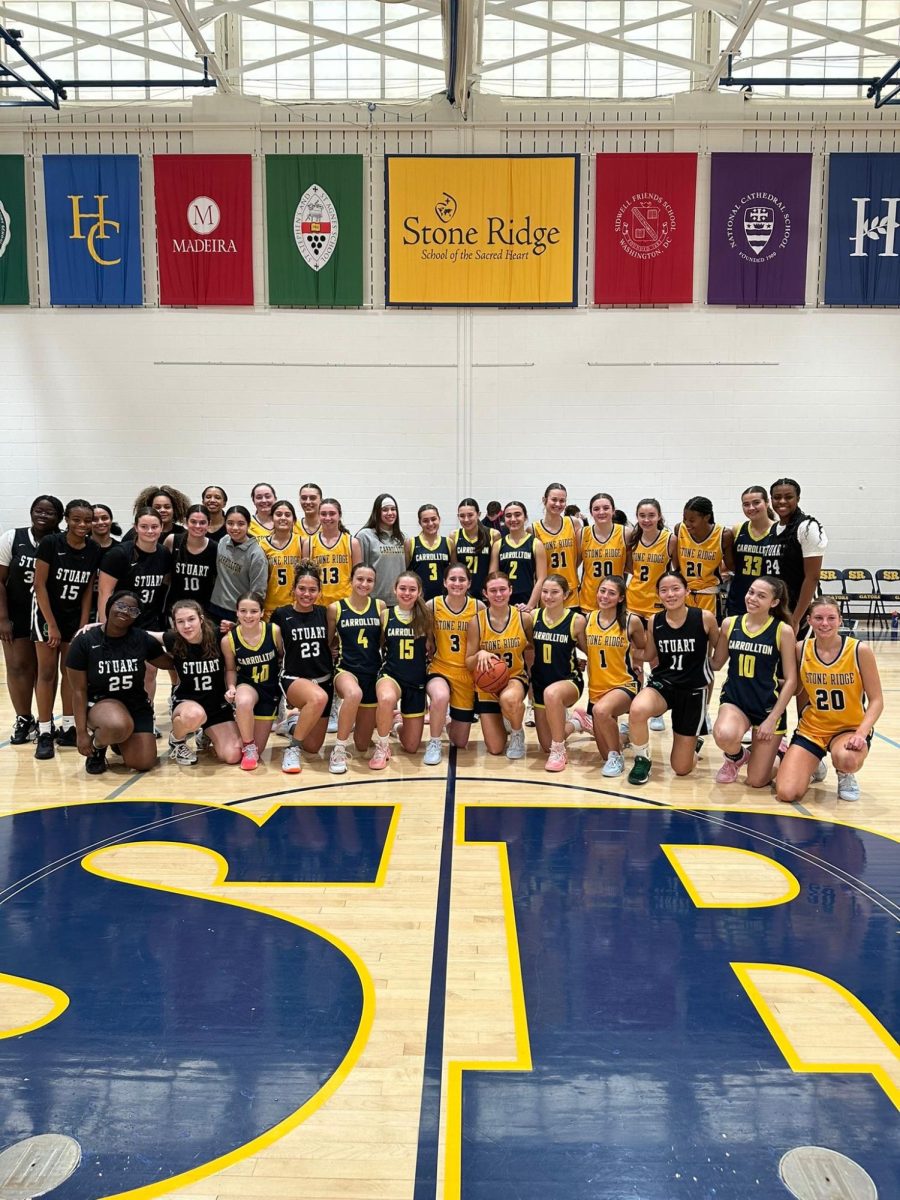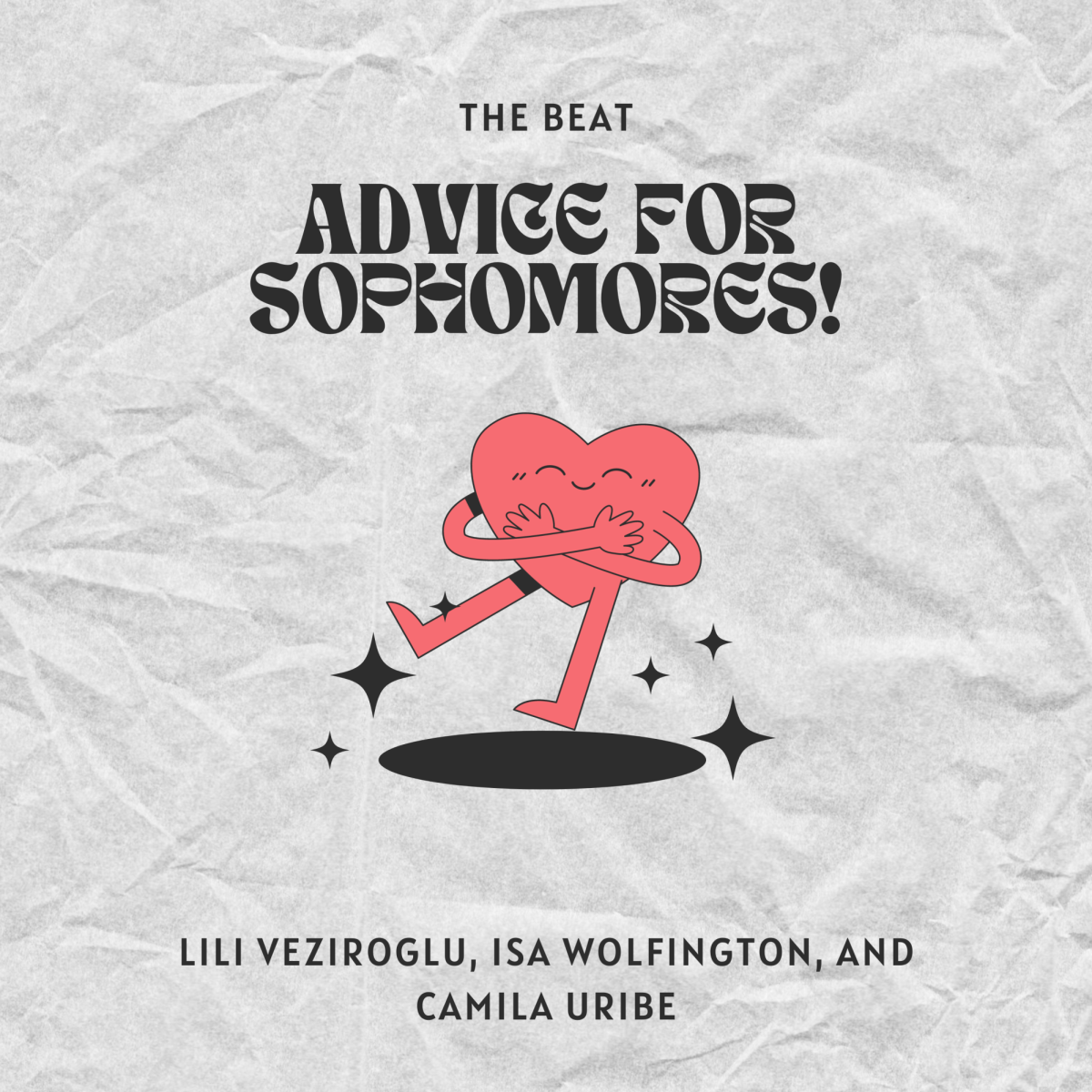Social media is one of the most popular ways of receiving and spreading information in the 21st century, but how accurate is the information you’re getting and sharing?
If you got the notification above, would you share it? Most people probably would, since it is shocking and attention-grabbing. But this was labeled false by the reliable fact-checking site, Snopes. Think about a time when you have shared something on social media without verifying its authenticity. Could that false information affect someone’s life? Could it drastically change someone’s opinion? Simply by pressing the “post to story” or “share” button, you could be negatively impacting others on a larger scale.
Today, social media is undoubtedly the most accessed source for news, but being such a large platform with billions of users, there is bound to be the spread of false information. A common issue nowadays is that many social media users are spreading information on serious topics just because that specific piece of information or article looked “popular” and “seemed professional.” Even the most organized and seemingly reliable sources can contain falsehoods, which is why fact-checking and verifying sources is so important before sharing and spreading information. What’s most important is to stay skeptical; don’t fall into the rabbit hole of social media trends and the pressure to share things to seem “trendy and knowledgeable.”
Despite the fact that some articles are blatantly false, many stories are skillfully manipulated with enough facts to appear legitimate and/or contain nuances which mislead the reader. What’s the reasoning behind these incorrect or misleading articles? Sometimes writers simply make honest mistakes but oftentimes, people purposefully seek to cover up or distort the facts regarding specific topics or persons. For example, someone writing an article about a political figure who they support might not include some of the negative things they’ve done because they aim to portray that person in a favorable light. The reverse is true as well. While this problem of people sharing incorrect or misleading information cannot be fixed overnight, you can do your part by maintaining a healthy skepticism; be aware of the source of your information and check the facts through various websites dedicated to doing just that.
According to Harvard Summer School, there are 4 major ways to verify the accuracy of a story when it comes to uncovering misinformation: vetting the publisher’s credibility, checking the sources and citations, checking grammar and spelling, and asking reliable sites. When you encounter a source, you automatically assume its veracity by its look, how well it’s formatted, and how popular the article is. This is where the term, “don’t judge a book by its cover” comes into play. By checking the writer’s credentials, the site address, or consulting a fact checking website, you can determine the accuracy of the information quickly and efficiently.
If you come across false information on social media, there is most likely a “report” button where you can elaborate on why this article is false and should be taken down for the sake of others. If you are questioning a specific sentence in an article, you can copy and paste that sentence into a fact checking website as well. On the other hand, if the article you found is just on Google, you can email the source. By taking a few extra minutes out of your day, you can stop the spread of misinformation which will benefit you and others around you.
I know that uncovering false information can take up time that you think is unnecessary, but it can ultimately affect not only the assignment you’re researching for, but it can influence your peers to understand the correct information. Once again, stay skeptical; don’t believe everything you hear/read.
Here are some fact-checking sites to use when you need them:


